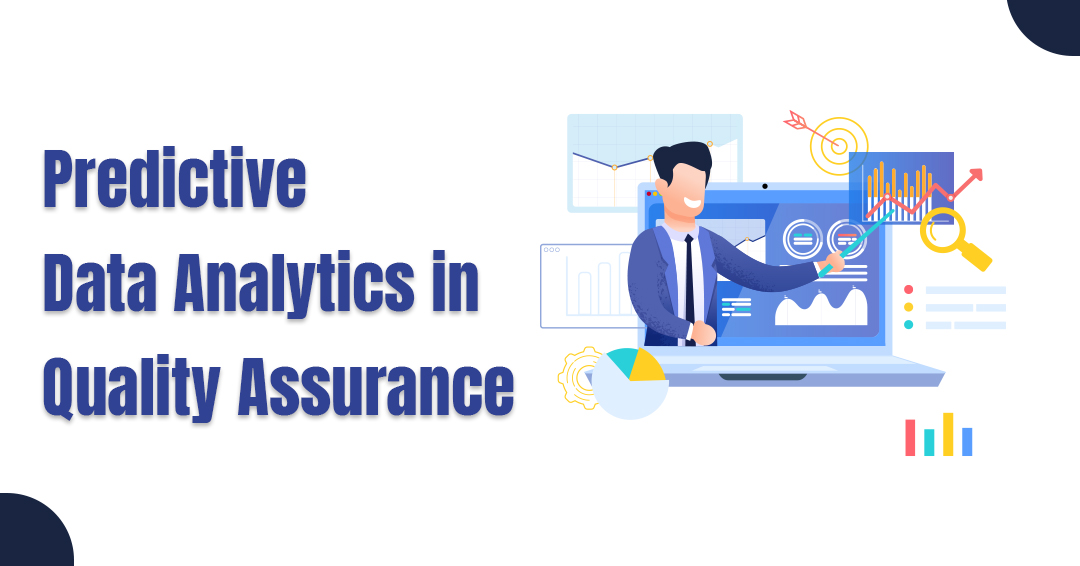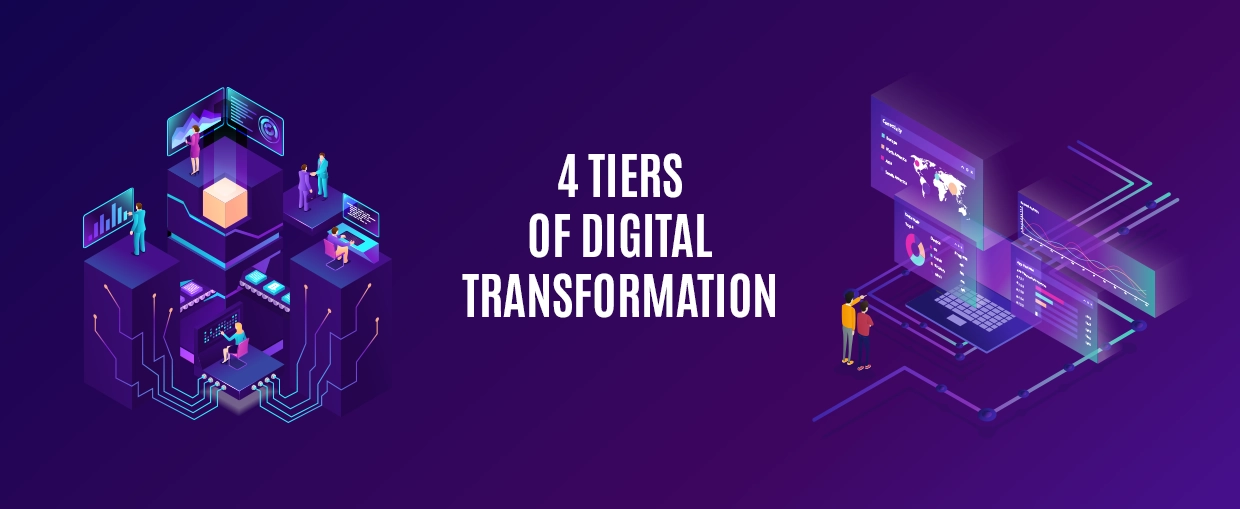The need for effective communication, seamless collaboration, and effortless management is paramount in modern organizations existing in today’s fast-paced digital landscape. Web portals exist especially to facilitate these needs.
A web portal is an interactive and dynamic digital platform that serves as a centralized spot for consumers to interact with brands and explore their products and services.
Serving as an entryway, it employs a log-in system to give users information tailored to their individual needs. Depending on what type of business or organization uses it, a web portal can function as the primary source of information, a point of sale, or even as a collaborative workspace.
Businesses employ custom web portal development to develop, promote, and execute a service that provides end-to-end security and facilitates interaction within user-friendly digital environments. It can be used by partners, clients, customers, staff, and employees for a variety of tasks. This blog will walk you through everything you need to know about web portals as a business owner.
Top 6 Benefits of Web Portals
- Faster Communication and Ease of Use
By grouping all necessary data into a single system, the web portal streamlines the process of accessing any data. For quicker access and communication, the important pages are centralized and utilized. Customers can access the porta by simply logging in.
- Enhanced Client Loyalty and Support
Through quick updates and timely notifications about an inquiry, order, cancellation, wish list, or other issues they may have, web portals offer a sophisticated means for customers to interact with your business. Client portals save a great deal of time when compared to traditional methods. Without human intervention, countless questions are answered in a matter of minutes, saving time and effort.
- Improved Accuracy of Data
With accurate data, statistics, and reports, your company can comprehend its position in the market and effectively communicate with its target audience. This helps in assessing your company’s general performance and well-being on consumer grounds. You can develop appropriate and decisive strategies to improve your company’s performance and expand in line with the data recorded by the single system.
- Adaptable and Effortless Integration
The development of a web portal is done in a way that is highly customized for your business and features unique themes and coding. Professional portals are incredibly adaptable and can be changed using various methods to fit the organizational framework. The integration has also been kept very simple to enable staff, employees, and other collaborators to efficiently save, locate, attach, edit, add, and finish a multitude of tasks.
- Secure and Centralized Data System
Maintaining multiple points of access makes it challenging or nearly impossible to enforce security or end-to-end encryption. A centralized, organized portal ensures better security for your customers and your business. Due to their high maintenance costs, multiple web applications are more difficult to manage and keep up with. Therefore, a web portal can function as a single point of access for all digital interactions and needs that your business needs to manage in order to plan for growth and customer relations.
- Increased Production and Innovation
Production is complicated enough without the added stressor of managing all associated data manually. With a well-organized central data interface, managing, organizing, editing, and formatting data as required has been made simple. All you need to do is enter the database using an admin URL or password. Portals are taking the place of labour-intensive emails and other storage methods, which can be time-consuming. This allows for more intelligent innovation.
What Are Corporate Portals?
Web portals come in many forms, each meeting specific requirements and accomplishing different goals. Some common ones include customer portals, corporate portals, information portals, patient portals, HR portals, ecommerce portals, etc.
Corporate portals, also known as business portals and enterprise portals, are digital platforms used by partners, customers, and employees of a company to share information internally. These portals offer a central location for obtaining and sharing important information, files, and resources.
Features of Corporate Portals
Depending on the industry and the particular requirements of a business, a corporate web portal can provide a plethora of features, but the following are the primary ones:
Collaboration Tools: Instant messaging, chatbots, video conferencing software, shared calendars and scheduling, and collaborative digital whiteboards are examples of collaboration tools.
Document and content management: It is the process of creating, organizing, and sharing documents (such as invoices, reports, contracts, and proposals) with other authorized users.
Security and Access Control: Tools for security and access control make sure that private information is kept safe and that specific users can only access resources that are meant for them.
Personalization and branding: These features of the business portal let your company showcase its corporate identity while giving users the opportunity to customize their experience by entering their preferences.
Access to integrated enterprise applications: Applications including resource planning tools, HR management software, and customer relationship management software are all housed under one roof for your business.
Analytics and reporting: They are tools that give businesses information about consumer behaviour, key performance indicators, and other metrics to help them make data-driven decisions.
Types of Corporate Portals
There are various types of business portals that cater to distinct stakeholder groups.
Employee portals
They are intended for internal use and provide key company information to all employees, including department heads, project managers, and support personnel as well as new hires. Training materials, HR rules and regulations, software and hardware manuals, a direct link to a knowledge base, etc. are a few examples of this type of information.
They streamline and ease the process of doing daily tasks like submitting expense reports, tracking employee time, requesting vacation days, and scheduling team meetings. These online portals facilitate communication between all employees within your company and preserve more productive workflows.
Customer Portals
The goal of customer portals is to improve communication with customers. These kinds of websites give customers relevant information about products, ongoing sales, and events. They also enable self-service checkout and payment processing while assisting your business in gathering and acting upon customer feedback. For the entirety of their interactions with your business, your customers remain on your web portal rather than searching search engines or other external sites for the links they need. Stats show that at least 34% of visitors will undoubtedly make an impulsive purchase if they find content on a website tailored to their needs and preferences.
Supplier Portals
Supplier portals, also known as partner portals, are designed with distributors, suppliers, and vendors in mind. They link current partners and give them access to critical business data, such as pricing and inventory, product specifications and manuals, payment and invoice tools, joint investment and marketing campaigns, and more.
Key Takeaways
Customized web portals make it so that all of your business applications are housed under a single sign-in portal. This ensures quick accessibility and enhanced productivity. Better customer relations and satisfaction result from this, which encourages organic growth. The market for corporate portals is expected to grow at a compound annual growth rate (CAGR) of 12.14%, from $7.3 billion in 2018 to $9.8 billion in 2023, and ultimately reach $30.12 billion by 2030. This shows that businesses all over the world are aware of the benefits that a corporate portal can offer.
You can develop a custom web portal for your business by partnering with an experienced and reliable software development company that offers top-notch app development services.









